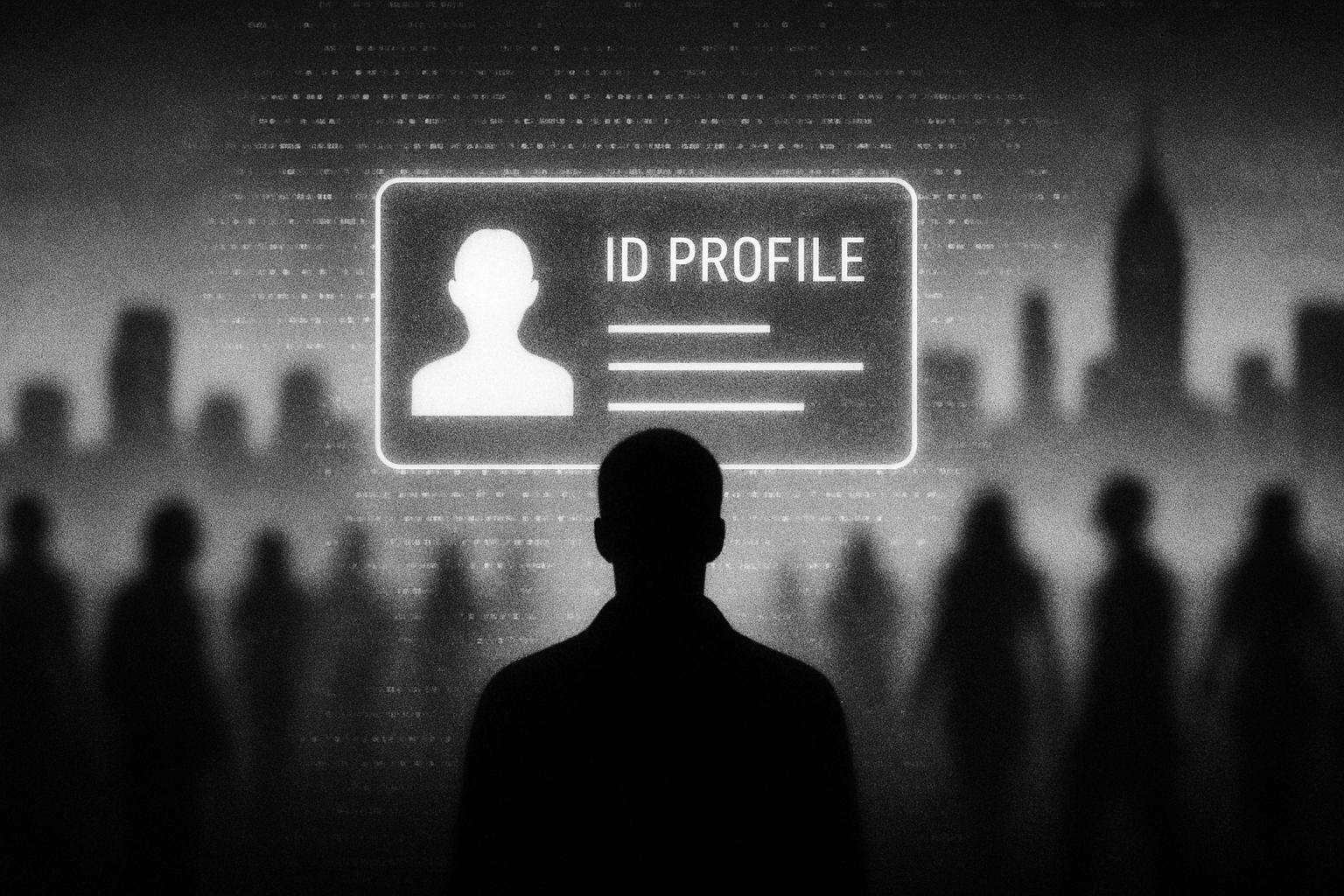The UK government’s recent announcement to introduce a mandatory digital ID scheme marks a significant step towards integrating digital identity verification into everyday life, aiming to empower citizens while boosting national security and economic growth. The initiative, unveiled on 26 September 2025, mandates that all citizens and legal residents hold a digital ID stored on their smartphones, to be used initially for Right to Work checks by the end of the current parliamentary term. This scheme is envisioned not only to curb illegal working and enhance border security but also to simplify access to a range of government services such as driving licences, childcare, welfare, and tax records.
TechUK, the technology industry trade body, has responded to the government’s announcement with a detailed report titled Digital ID & the UK: Empowering Citizens, Enabling Growth. The report outlines a clear roadmap for the trusted and successful rollout of digital ID, advocating for continued collaboration among government, industry, and civil society. It stresses the importance of designing policies that prioritise privacy, security, and user experience to protect citizens while fostering innovation and delivering tangible economic benefits. TechUK highlights that the UK already has a thriving £2.05 billion digital ID private sector, which supports critical checks such as the right to work, rent, and financial security. The organisation urges the government to build on these existing, proven solutions rather than starting anew, as many citizens are already using these systems securely under the Digital ID Trust Framework.
The digital ID initiative, widely known as the BritCard scheme, has not been without controversy. Prime Minister Keir Starmer framed the move as a bold measure to combat illegal immigration and strengthen border security, aligning with the Labour Party’s attempts to project firm action on immigration amidst political competition. However, the policy has provoked significant political and public backlash, with critics arguing that it may not effectively prevent illegal employment and raises serious privacy and civil liberties concerns. More than 2.8 million people have signed petitions opposing the scheme, warning of potential governmental overreach, surveillance, and the creation of a ‘checkpoint society.’ Critics also fear ‘function creep,’ where the digital ID could be expanded to monitor broader aspects of citizens’ lives, possibly even leading to dystopian concepts such as a 'community impact score.'
Privacy advocates caution that while digital ID systems can be secure and beneficial, as seen in countries like Estonia, the UK government’s track record on data protection has undermined public trust. Concerns stem from recent data breaches and ongoing debates over encryption backdoors, prompting calls for robust safeguards and transparent public consultation. In response, the government has committed to consulting widely on the service’s delivery later this year, aiming to address these concerns and build confidence.
Beyond the mandatory ID for work verification, the UK is also progressing towards a broader digital identity ecosystem. Plans include a government-issued digital wallet, which will securely house various documents such as digital driving licences, veteran cards, and DBS checks. This digital wallet will use facial recognition or fingerprint authentication to protect personal information, even if devices are lost or stolen, while physical documents will remain available. Industry studies predict a rapid uptake: the number of UK residents using digital identity apps is expected to rise sharply from 6.9 million in 2025 to 25.5 million by 2029, with over 45% of the adult population projected to use government-authenticated digital ID services through apps like GOV.UK One Login.
This ambitious digital identity strategy reflects a broader government priority to modernise public services, improve security, and fuel economic growth through digital innovation. However, its success will hinge not only on technological deployment but on securing widespread public trust and safeguarding fundamental privacy rights amid ongoing debates about the balance between security and civil liberties.
📌 Reference Map:
- Paragraph 1 – [1], [2], [3]
- Paragraph 2 – [1]
- Paragraph 3 – [3], [4], [5]
- Paragraph 4 – [5], [2]
- Paragraph 5 – [6], [7]
- Paragraph 6 – [1], [7], [2]
Source: Noah Wire Services
